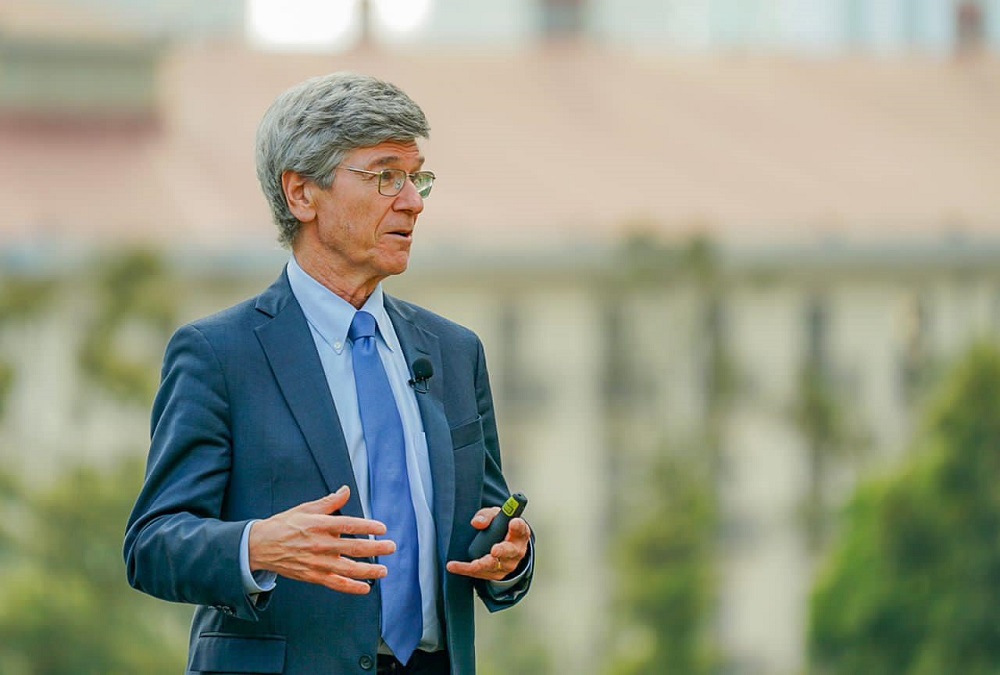
Africa as a whole needs strong relations with other countries across the globe to register huge economic development, Professor Jeffrey Sachs observed.
The Office of the Prime Minister held its first “Perspectives” – PMO Occasional Lecture Series yesterday by featuring the world-renowned development economist Professor Jeffrey Sachs.
In his lecture, the professor said Africa as a whole needs strong relations with the Gulf countries, Turkey, Russia, China, Japan, Korea, the United States, the European Union, and others.
All of this is possible right now, he stressed, adding that he is a huge fan of the Belt and Road Initiative (BRI). “It is just wonderfully made for Africa’s needs because it’s about connectivity and basic infrastructure.”
Professor Sachs, who underscored the need for global cooperation, stated that peace on the planet would be the first and most important thing for economic development.
He further pointed out that “one of my fervent hopes that I worked on for several years was to help the African Union to become the G-21st country.”
The AU has now joined the G-21, and “don’t ever call it the G-20 again, please. It has the African Union. (Therefore) it’s now the G-21. We also have to get the message right.”
That gives Africa the chance to negotiate a new global financial architecture to negotiate a new debt sustainability framework of the IMF and the World Bank to capitalize the regional institutions, the professor noted.
According to him, the African Development Bank should for instance be about 20 times larger than it is.
“Do you know the total lending of the African Development Bank is about 5 billion USD a year for 1.4 billion people?” he asked rhetorically.
To make the bank 20 times larger, a major capitalization of the African Development Bank is required, and that should be central to the international agenda.
Comparing Africa with China, the professor stated his belief that it is possible for Africa to also develop like China in the coming four decades.
That should be the aim, Professor Sachs underlined, noting that China’s development was not a miracle. It was very good economic planning, combined with good market forces and a very strong focus on education over 40 years.
In terms of infrastructure, the country also built tens of thousands of km of fast railway, power grid that connected it into a single power pool.
I believe Africa should also aim for what it can achieve, the professor said. Africa will be solidly a middle-income region of the world, and many parts of the world by 2063, the economist argued.
By the same token, Ethiopia can in effect replicate China’s miracle, according to Professor Sachs. “I do believe that Ethiopia has special strength because first of all large economies do have an intrinsic advantage. So as long as Ethiopia is peaceful internally and connected internally, it’s going to have the advantage of a market of 120 million people and that will continue to grow.”
Moreover, there are vast opportunities for agriculture, mining, manufacturing, tourism, and culture. Everything is here, he said, adding that this is a most magnificent country.
“It’s got nature, every ecosystem. It’s got ancient history. It’s got modern development. It’s got tourism, you name it. It’s here and it’s got a history that goes back 3000 years. It’s incredible. What you find in this country. Tourism is unbelievable,” the professor elaborated.
Source: ENA
